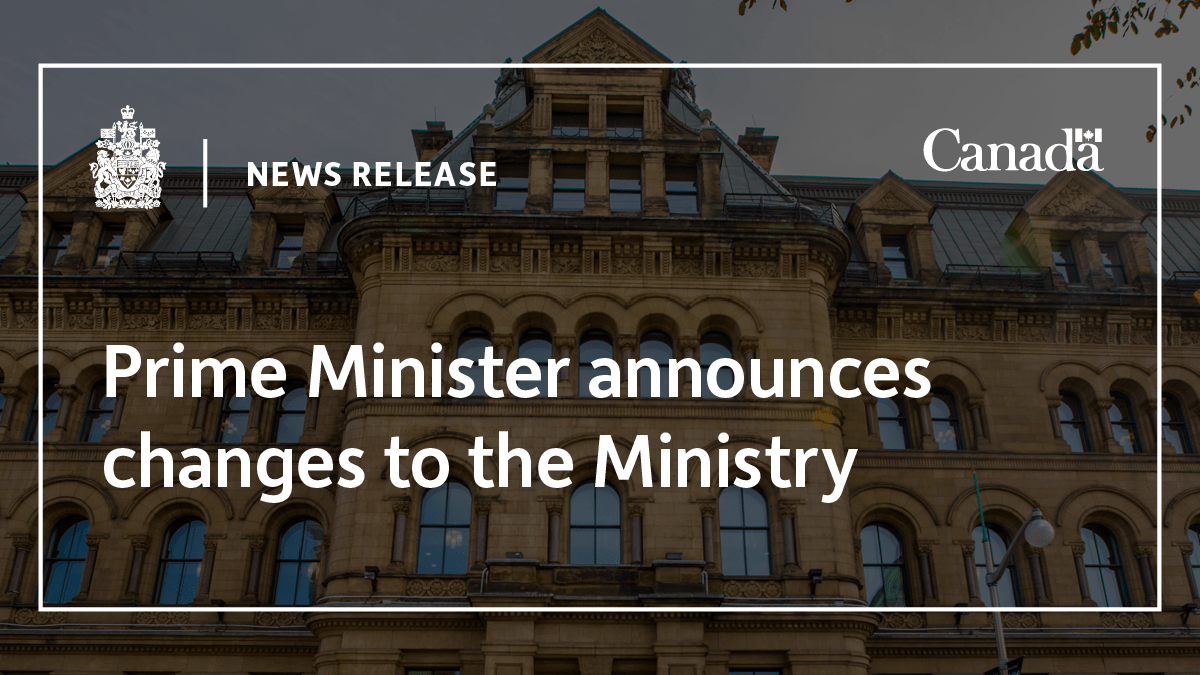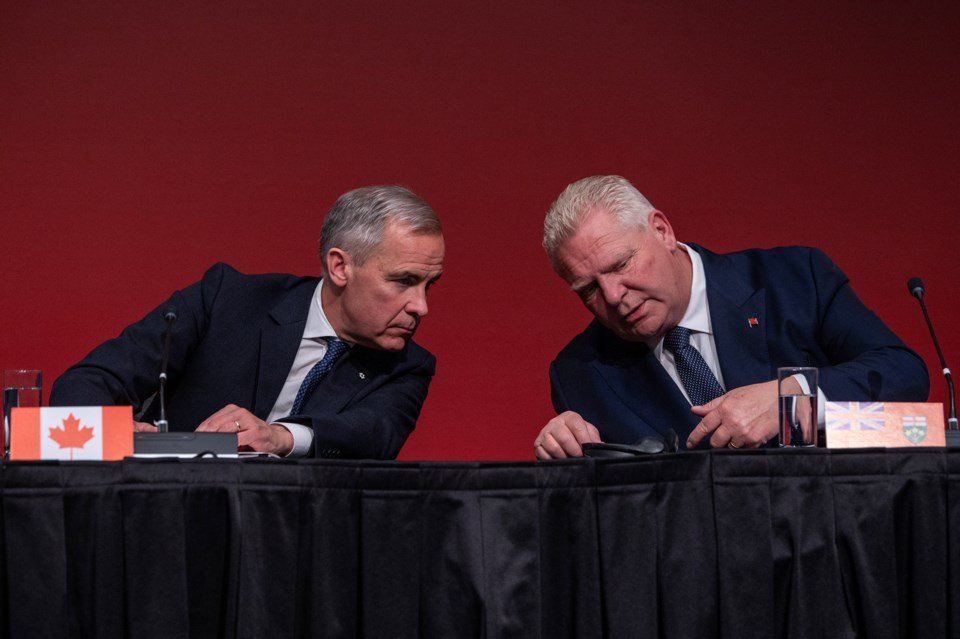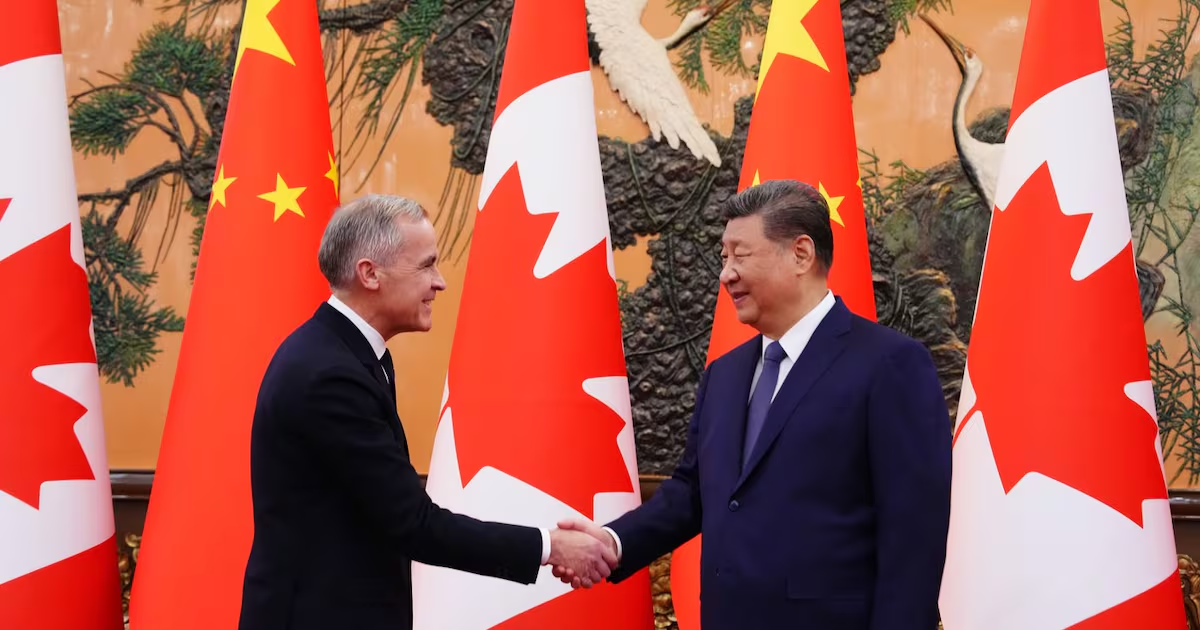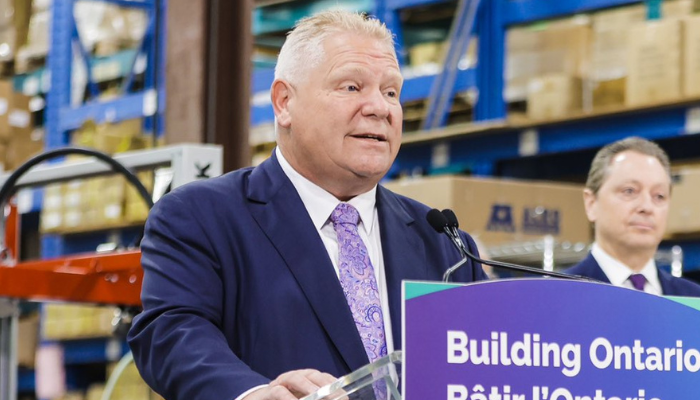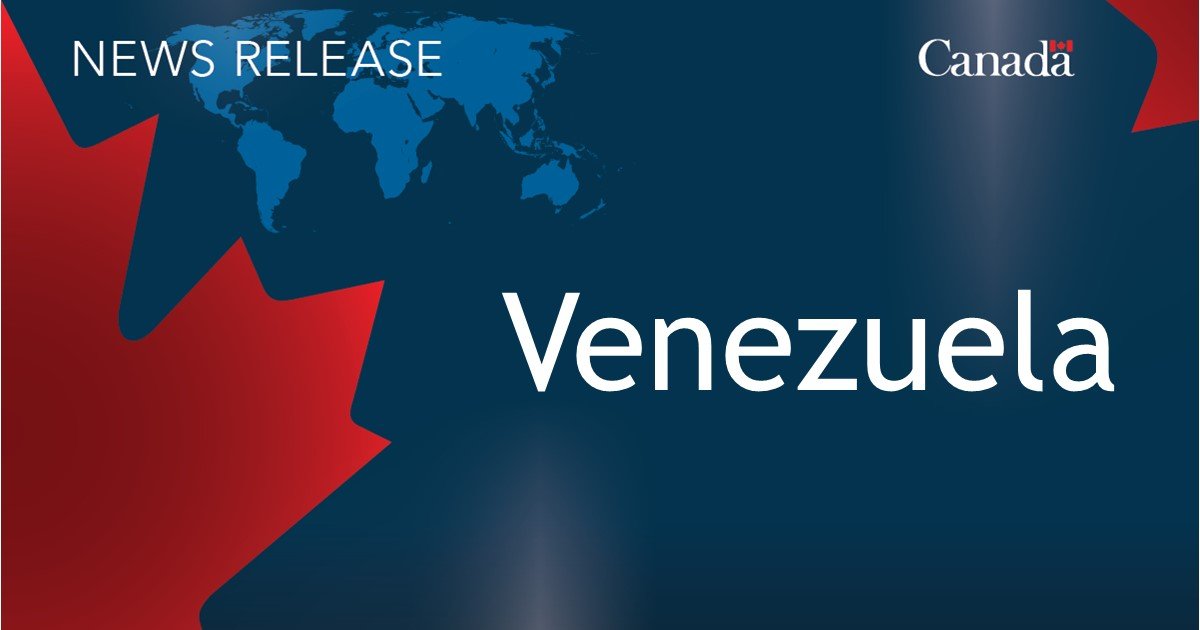
Ontario MPPs Secure 35% Salary Increase and New Pension Plan After 16-Year Freeze
In a landmark decision at Queen’s Park, Ontario’s Members of Provincial Parliament (MPPs) are set to receive a substantial 35% salary increase, ending a 16-year wage freeze that began in 2009. Alongside this significant pay hike, a new pension plan will be introduced for MPPs with at least six years of service, marking the first time in decades that provincial politicians will have access to such benefits. Supported unanimously by all parties, this move aims to attract top-tier candidates to Ontario’s legislature and address long-standing concerns about stagnant compensation. Here’s everything you need to know about this historic change, its implications, and the reactions it’s sparking across the province.
A Long-Overdue Adjustment: Breaking the 16-Year Salary Freeze
For 16 years, Ontario MPPs have operated under a salary freeze initiated by former Liberal Premier Dalton McGuinty in 2009 during the global financial crisis. The base salary for an MPP has remained at $116,550 since then, despite rising costs of living and inflation eroding its real value. According to the Bank of Canada, $116,550 in 2008 equates to roughly $83,400 in today’s dollars, highlighting the significant loss in purchasing power for MPPs.
On May 29, 2025, Finance Minister Peter Bethlenfalvy tabled legislation to address this issue, setting MPP salaries at 75% of their federal counterparts, who currently earn $209,800 annually. The new base salary for Ontario MPPs will rise to $157,350, a $40,800 increase, effective retroactively to the February 27, 2025, provincial election. This adjustment also includes raises for key roles:
-
Premier: From $208,974 to $282,129
-
Leader of the Official Opposition: From $180,886 to $244,207
-
Cabinet Ministers: From $165,851 to $223,909
-
Associate Ministers: From $138,928 to $187,561
-
Parliamentary Assistants: From $133,217 to $179,851
The legislation passed with unanimous support from the Progressive Conservatives, NDP, Liberals, Greens, and Independent MPPs, reflecting a rare moment of bipartisan agreement at Queen’s Park. The changes are expected to cost the province approximately $6 million in payroll expenses for the 2025-2026 fiscal year, a figure officials describe as a modest 0.06% of total public servant compensation.
A New Pension Plan: Restoring Benefits After 30 Years
In addition to the salary increase, the legislation introduces a new pension plan for MPPs, the first since former Progressive Conservative Premier Mike Harris eliminated pensions in 1995 as a populist measure to signal fiscal restraint. The absence of a pension has been a point of contention, with some arguing it deterred capable candidates from pursuing public office. Notably, former Energy Minister Todd Smith cited the lack of a pension as a factor in his resignation from public service in 2024.
Starting January 1, 2026, MPPs will join the Public Service Pension Plan (PSPP), which covers most federal employees, with contributions shared between MPPs and the government. To qualify for a supplemental pension benefit, MPPs must serve at least six years, aligning with federal MP requirements. The pension will be calculated based on a three-year average of their best salaries, with an accrual rate of 3% per year for those retiring at age 65, or 2% for early retirement at 55 (with a 20% reduction). For example, a 49-year-old MPP serving six years could receive an annual pension of $33,425 upon retiring at 65.
The pension plan is estimated to cost the government $6.8 million in 2026-2027, with $2.3 million contributed by MPPs and $4.4 million for the supplemental benefit covered by the province. Unlike the salary increase, the pension plan does not credit prior years of service, meaning current MPPs must remain in office until the next election in 2029 to qualify.
Why Now? The Case for Higher Pay and Pensions
The decision to lift the salary freeze and reinstate pensions comes after years of debate and internal pressure within the Progressive Conservative caucus. Premier Doug Ford, who campaigned on fiscal responsibility in 2018 and 2022, had previously promised his caucus that he would revisit MPP compensation after the 2022 election. Although the issue appeared to fade, Ford reiterated his commitment following his party’s re-election on February 27, 2025, stating, “It’s terrible… they have no pension. I don’t want to sound like a bleeding heart for politicians, but come on, folks, these guys work their backs off.”
Proponents argue that the salary increase and pension plan are necessary to attract “the best and brightest” to Queen’s Park. Finance Minister Bethlenfalvy emphasized the demanding nature of an MPP’s role, noting, “MPPs are people too, they have to pay groceries, they have to pay rent, [spend] time away from their families.” Liberal MPP John Fraser echoed this sentiment, suggesting competitive compensation ensures a diverse pool of candidates, rather than only those who are independently wealthy.
Comparatively, Ontario MPPs’ previous base salary of $116,550 lagged behind other public officials. For instance, Toronto city councillors earn approximately $170,558, while federal MPs earn $209,800. Even with the new salary of $157,350, Ontario MPPs will earn less than Toronto Mayor Olivia Chow ($225,304) and far less than Prime Minister Mark Carney ($419,600). Tying MPP salaries to 75% of federal MPs’ pay ensures future adjustments keep pace with inflation, addressing a long-standing disparity.
Public Reaction: Support, Criticism, and the “Gravy Train” Debate
While the salary increase and pension plan have garnered all-party support, public reaction has been mixed. Posts on X reflect frustration among some Ontarians, particularly in light of economic challenges and a projected $14.6 billion provincial deficit for 2025-2026. One user remarked, “35%!!!!!!!!!! But the minions who do the dirty work for this province had to go to court to get their pittance (1% per year).” Another criticized Ford directly, stating, “Dougie and cos are definitely ‘protecting’ Ontario .”
The Canadian Taxpayers Federation also voiced opposition, arguing that the raises and pensions are ill-timed given Ontario’s fiscal challenges and a provincial debt projected to reach $461 billion. Critics have pointed to Ford’s history of appointing a large number of parliamentary assistants—43 in 2022, each receiving a $16,600 salary top-up—as a way to circumvent the salary freeze, dubbing it a “gravy train” for loyalists. With 73 of 83 Progressive Conservative MPPs holding paid roles in 2022, opposition parties have accused Ford of using these appointments to boost caucus morale rather than addressing compensation transparently.
However, supporters like Independent MPP Bobbi Ann Brady praised the move, calling it “righting a 16-year wrong” and emphasizing the spirit of cooperation among parties. Finance Minister Bethlenfalvy defended the decision, stating, “If not now, when?” and highlighting that the changes align MPP pay with the responsibilities of representing constituents in a province with a population larger than many countries.
The Bigger Picture: Balancing Fairness and Public Perception
The salary increase and pension plan come at a time when Ontario faces significant economic and social challenges, including housing affordability, healthcare access, and infrastructure development. Ford’s government has faced scrutiny for its spending, with the cost of his premier’s office doubling since 2018 and the provincial debt rising by 51% under his leadership. Critics argue that the timing of the raises, amidst a substantial deficit, may fuel perceptions of disconnect between politicians and everyday Ontarians.
Yet, the unanimous support for the legislation suggests a recognition across party lines that stagnant wages have hindered the province’s ability to attract diverse, qualified candidates. As one MPP noted anonymously, low salaries risk limiting politics to “people who are already well-off or people whose time is worth $116,550 a year.” The new pension plan, in particular, addresses a key barrier, as the lack of retirement benefits has been a deterrent for long-term public service.
What’s Next for Ontario’s MPPs?
The salary increase is retroactive to February 27, 2025, meaning MPPs will receive back pay for the months since the election. The pension plan, set to begin in 2026, will require MPPs to serve until the next election to qualify for benefits, ensuring that only those committed to long-term service reap the rewards. Future salary adjustments will be tied to federal MP pay, providing a mechanism to prevent another prolonged freeze.
As Ontario navigates a complex economic landscape, the decision to boost MPP compensation will likely remain a lightning rod for debate. For now, the focus at Queen’s Park is on justifying the raises by delivering results for Ontarians—whether through housing initiatives, healthcare improvements, or fiscal responsibility. As Finance Minister Bethlenfalvy put it, “We’re going to work tirelessly each and every day to help all Ontarians.”
Engage With Us!
What do you think about the 35% salary increase and new pension plan for Ontario MPPs? Is it a fair adjustment for their work, or does it feel out of touch given the province’s challenges? Share your thoughts in the comments below, and let’s keep the conversation respectful and constructive. For more updates on Ontario politics, subscribe to our newsletter or follow us on social media!
Sources: Global News, CBC News, Toronto Star, CP24


